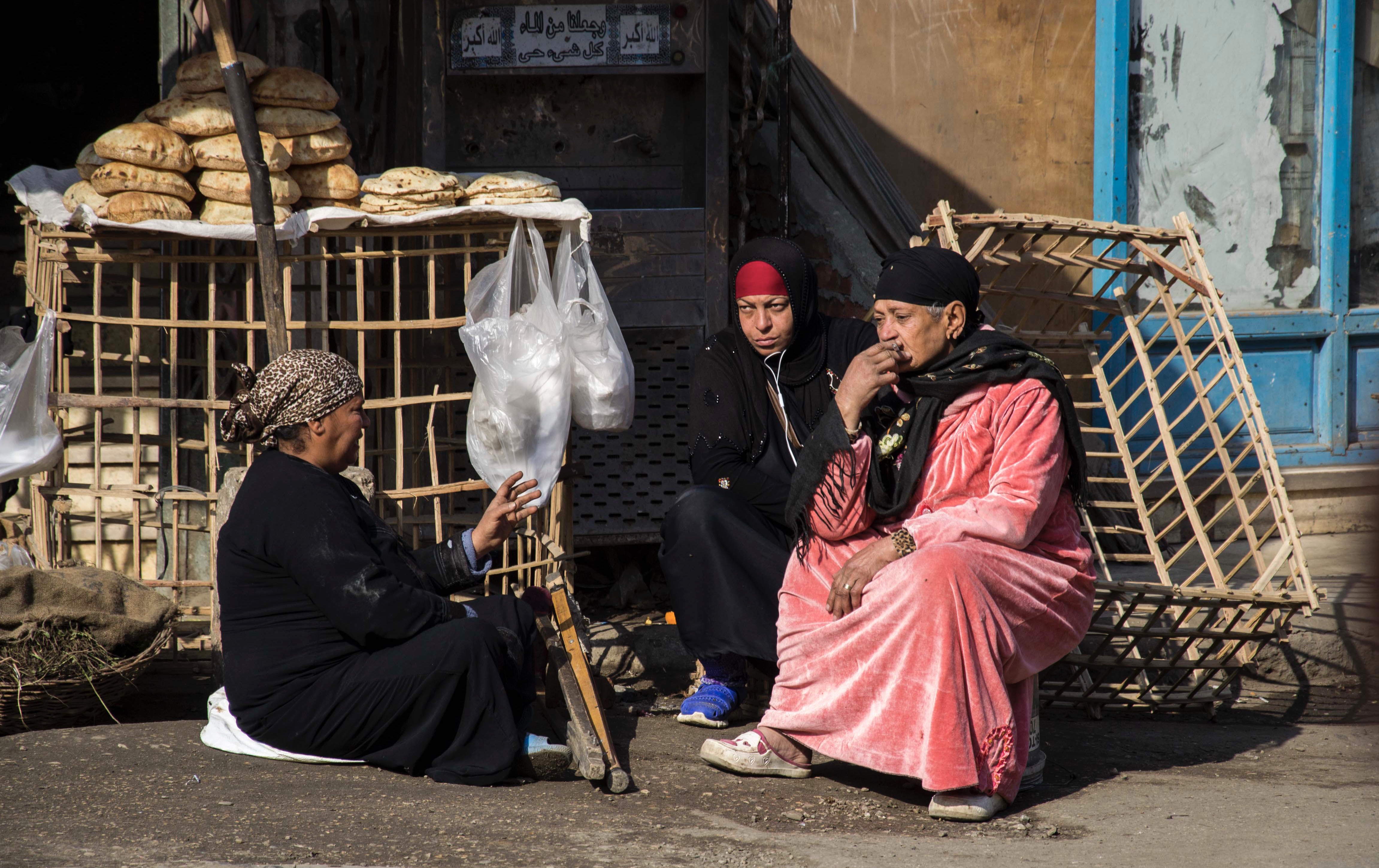Role of women in contemporary Egypt remains a heated topic
The role of women has become a central theme following the January 25 popular uprising. Tens of thousands of women participated in the protests, dozens were killed; dozens more were briefly incarcerated.
How society views women came into full focus when the “virginity tests” scandal made headlines.
Samira Ibrahim, one of the female protesters who had to endure a “virginity test”, filed a case against the military, which eventually resulted in the acquittal of the doctor who performed the tests.
But women have been grappling with equally severe issues – namely sexual harassment – since well before the uprising.
In recent years, some 80 percent of Egyptian women said they had suffered a form of sexual harassment or another. Activists had called on the Mubarak-era parliament to pass a sexual harassment law.
In an attempt to raise awareness to the problems faced by women in Egypt, the Women Empowerment Club (WEC) held the first student debate activity among calls that the role of women would likely increase in years to come.
Moderated by the Chair of Public Policy and Administration, Jennifer Bremer, the first phase of the debate revolved around the topic “despite the rise of the Islamists, the Arab Spring will lead to a better situation for women.” The other phases focused on sexual harassment and veiled discrimination.
A member of the proposition team said that women’s participation in Tahrir Square suggested the rise of their political participation in the Arab World.
Another member of the team added that the Arab Spring is successful because it allowed a woman to run for president. Bothaina Kamel, the sole female candidate, is thought of as having made inroads for women even though she failed to secure the required amount of nominations.
The opposition team, however, argued that the status of women has not changed since the revolution, because the number of women in Parliament does not adequately reflect the number of women who played a role during the popular uprising.
During a visit to AUC in late March, Ibrahim told students that Parliament’s inequity is due to an instilled bias in favor of men despite the perceived achievements women may have gained since January 25, 2011.
“The very small number of parliamentary women members is not representative of Egyptian women by any means,” she said.
Since the January 25 uprising, more women have felt emboldened to take to the streets and demand their voices be heard. They have been joined by an increasing number of men.
Last March, thousands of participants marched from the Journalists’ Syndicate to the Parliament in downtown Cairo in support of Egyptian women’s rights in lieu of the January 25 uprising.
“I think people after the January 25 revolution became more aware of their rights. Women basically started to demand their rights in the new constitution and the People’s Assembly. They are basically chanting against the Supreme Council of the Armed Forces and they are chanting to get their rights,” said Amena Adel, a student from Ain Shams University.
Heba Shaarawy, a founding member of the New Woman Foundation, says that more men and women are joining protest and marches calling for women’s rights.




